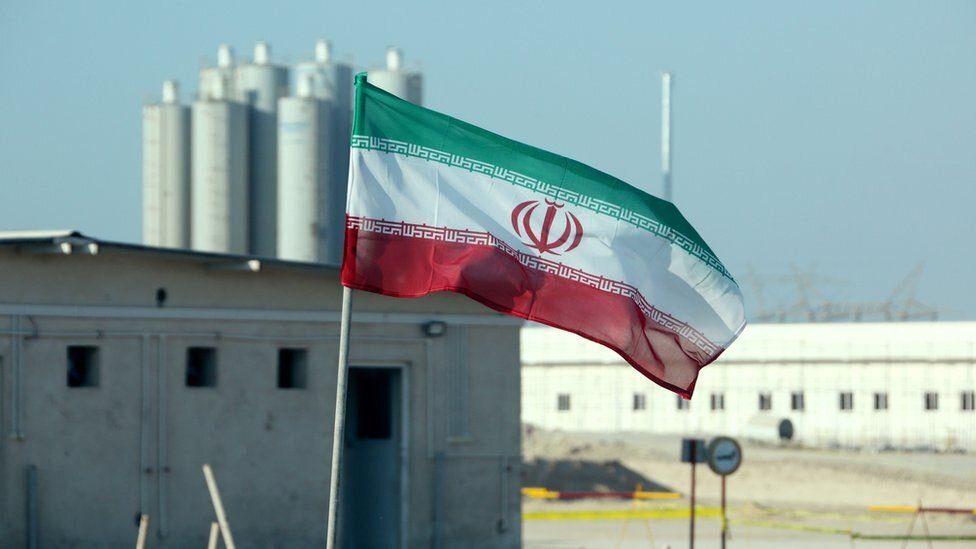It is unclear who launched the attack.
Iranian security forces reportedly thwarted a “sabotage attempt” on one of the Atomic Energy Organisation of Iran [AEOI] buildings on Wednesday, Iran’s Nournews reported.
According to the report, Iranian forces were able to prevent the attack in Karaj, Alborz province, before it could cause casualties or property damage.
Iran’s president-elect Raisi ‘supports’ Vienna talks, rules out meeting Biden
However, no further details were revealed on the nature of the attack.
A report by New York Times [NYT] said the targeted building was one of Iran’s main manufacturing centres for the production of the centrifuges used in Tehran’s nuclear facilities.
It added, citing Iranian media and an official familiar with the attack, that the attempt was carried out by a quadcopter drone.
The perpetrators have not been identified yet and investigations are underway.
However, the NYT report said the centrifuge factory was on a list of targets that Israel presented to the former Donald Trump administration last year.
Tel Aviv has yet to comment on the matter.
This is the second attack to take place during the ongoing Vienna talks over the return of the US to the Joint Comprehensive Plan of Action [JCPOA].
In April, Iran’s Natanz nuclear facility was attacked in another sabotage attempt, which it described as “an act of nuclear terrorism”. At the time, authorities in Tehran accused Israel of conducting the attack, citing its stance against the revival of the JCPOA.
Wednesday’s attack also took place a day before the deadline for a monitoring deal with the International Atomic Energy Agency [IAEA], the UN’s nuclear watchdog.
The three-month monitoring agreement was initially signed in February, when the head of the IAEA, Rafael Grossi, visited the country to monitor its nuclear activities.
Ongoing Vienna talks
The ongoing attacks pose a serious threat to fragile talks between world powers to revive the nuclear deal.
The Vienna talks concluded their sixth session on Sunday, a day after Iran’s newly-elected president Ebrahim Raisi won the latest elections.
However, it has not been decided whether or not the negotiations ended, though Russia’s representative at the talks, Mikhail Ulyanov, said they may be finalised by mid-July.
Speaking at a cabinet meeting on Wednesday, outgoing president Hassan Rouhani said sanctions can be immediately lifted if Iran’s top negotiator in the Vienna talks, Abbas Araqchi, is given the necessary authority.
He also said that the main issues in the Vienna talks have been settled.
During his first press conference since the elections, Raisi said he supports the talks.
“We support the negotiations that guarantee our national interests. … America should immediately return to the deal and fulfil its obligations under the deal,” said Raisi, who is also under US sanctions.
However, Raisi dismissed possibilities to meet US President Joe Biden even if the sanctions are lifted, noting that Iran’s foreign policy is not limited to the JCPOA.
Iran’s “regional activities and ballistic missile programme” are non-negotiable, he warned.
The indirect talks between the US and Iran in Vienna have been taking place since April this year with hopes of restoring the 2015 Nuclear Deal.
Countries involved in the deal—France, the United Kingdom, China, and Germany—have been pushing for the return of the accord.
Meanwhile, the Gulf Cooperation Council [GCC] also said it should be involved in negotiations with Iran and is ready to “cooperate and deal seriously and effectively with the Iranian nuclear file … on the basis of respect for sovereignty and good neighbourliness”.
Earlier this year, Qatar vowed it will “spare no effort” to mediate between the US and Iran.
Follow Doha News on Twitter, Instagram, Facebook and Youtube







